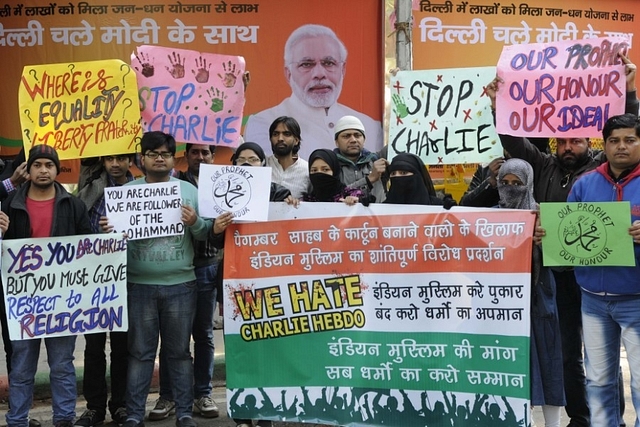
‘Defaming’ Muhammad Not Protected Under Free Speech, Rules European Court
The European Court of Human Rights (ECHR) ruled last Thursday (25 October) that freedom of speech does not extend to ‘defaming’ Muhammad who is believed to be the final prophet by the followers of Islam, as reported by The Express Tribune.
The Strasbourg-based court ruled that insulting Muhammad “goes beyond the permissible limits of an objective debate” and “could stir up prejudice and put at risk religious peace.”
In its ruling, the ECHR rejected an Austrian woman’s contention that her previous conviction for characterising Muhammad as a “paedophile” violated her free-speech rights.
In a series of public seminars, the women in her late 40s and identified only as E.S. in court documents, cited Muhammad’s marriage to a six-year-old girl, which, according to Islamic scriptures, was consummated when she was nine, as an evidence of his paedophilia.
Muhammad “liked to do it with children,” the woman said during one of the seminars. “A 56-year-old and a 6-year-old? . . . What do we call it, if it is not paedophilia?”
A Vienna court convicted her in 2011 of disparaging religious doctrines, ordering her to pay a $547 fine, plus legal costs. The ruling was later upheld by an Austrian appeals court.
The ECHR also upheld the ruling of the Austrian court saying that it had “carefully balanced her right to freedom of expression with the right of others to have their religious feelings protected.”
While the woman argued that her comments were intended to inform the public debate over the merits of different religious doctrines, the court argued that her remarks lacked the proper historical context.
The ECHR also ruled that the woman’s comments were not objective, failed to provide historical background and had no intention of promoting public debate.